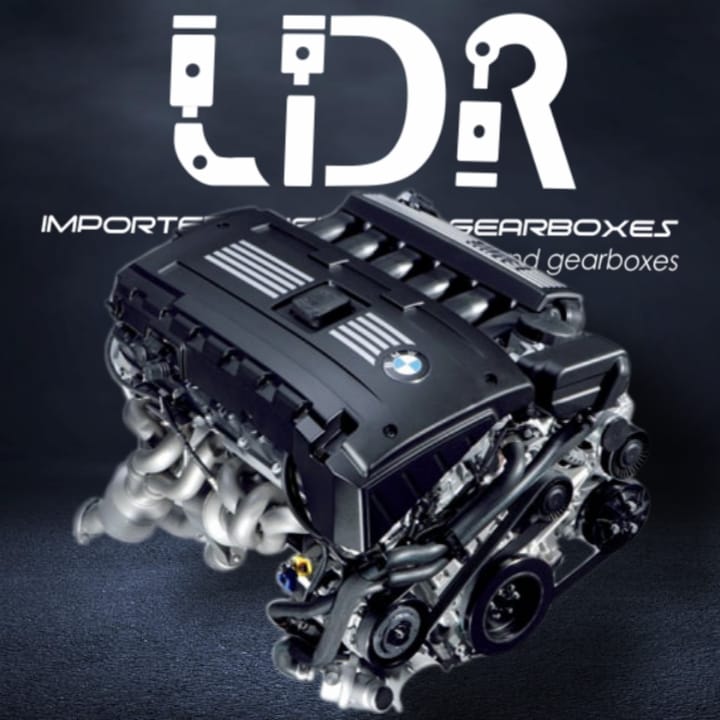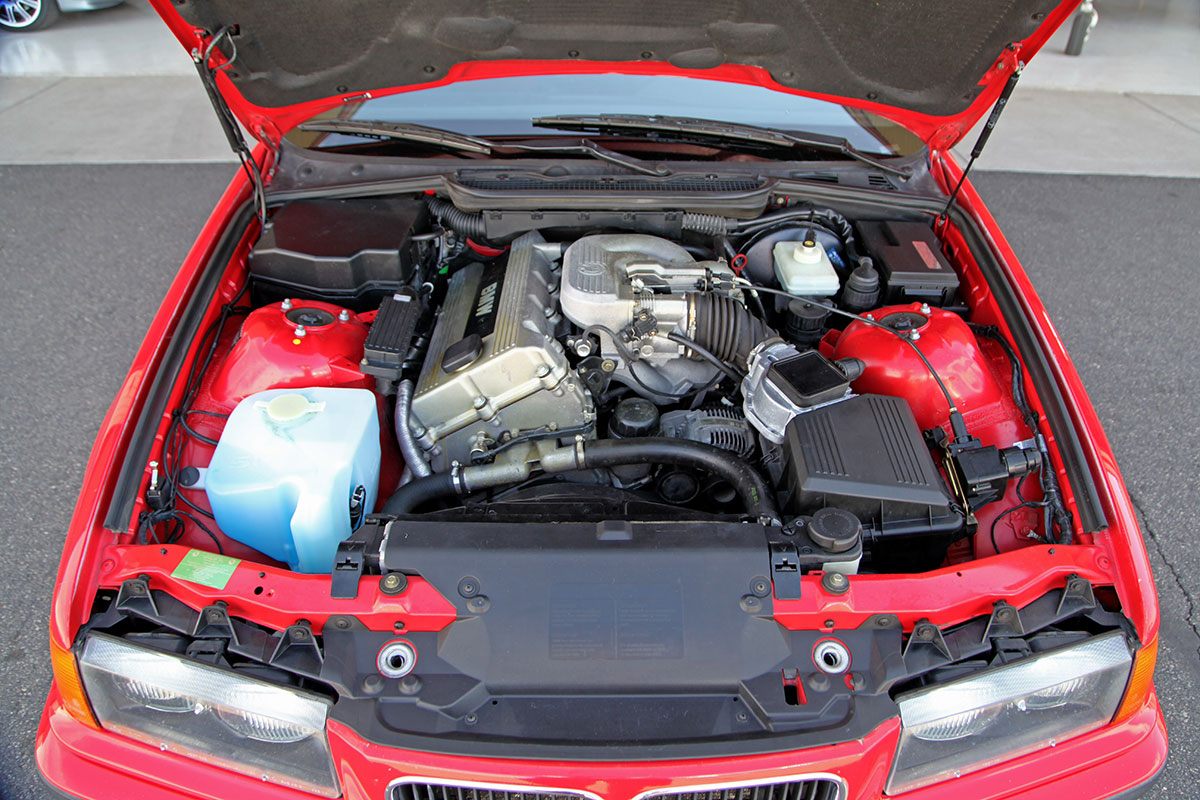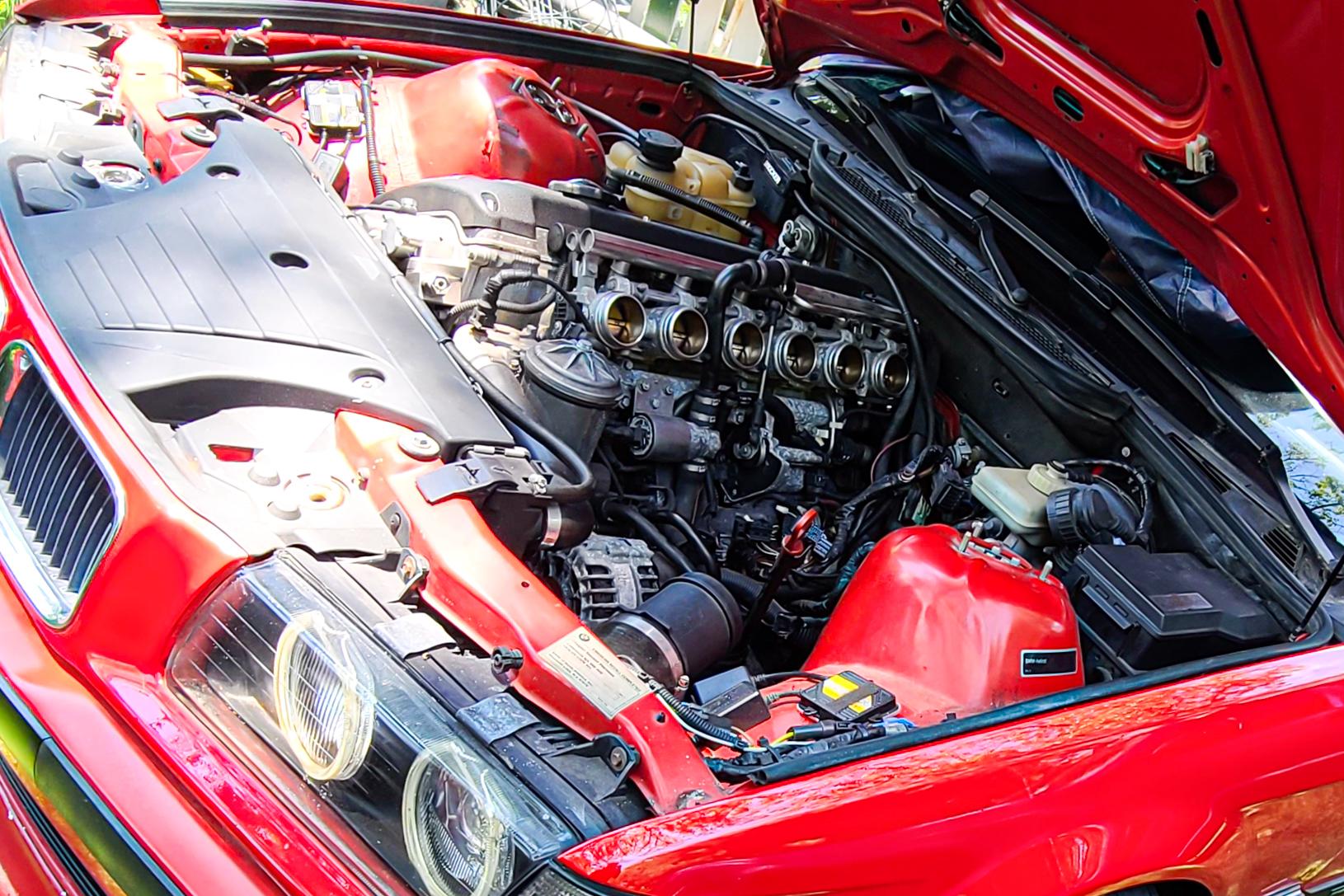Key Features to Try To Find When Investing In an Engine for Automotive Applications
When considering the acquisition of an engine for vehicle applications, several essential functions necessitate mindful assessment to ensure optimal efficiency and capability. From power and efficiency capacities to sustain effectiveness, toughness, and adherence to emissions standards, each element plays an essential function in establishing the engine's suitability for certain automotive needs.
Power and Performance
When choosing a vehicle engine, customers focus on power and efficiency to ensure optimum driving experience and performance. A well-performing engine not only supplies power effectively yet likewise operates efficiently across different speed arrays and driving conditions.
Additionally, aspects such as engine hybrid, variation, and turbocharging modern technologies play significant roles in boosting both power and efficiency levels. Ultimately, picking an engine that provides a powerful mix of power and performance makes sure a efficient and rewarding driving experience.
Gas Effectiveness
Enhancing gas effectiveness is an extremely important consideration for consumers when evaluating automobile engine alternatives. Modern engines with features like direct gas injection, turbocharging, and variable shutoff timing can considerably enhance gas efficiency by boosting burning procedures and decreasing energy loss.

Toughness and Reliability
Attaining lasting performance and trustworthy operation is necessary for consumers examining the resilience and dependability of automotive engines. When thinking about an engine for automotive applications, toughness describes the engine's capacity to stand up to wear, stress, and extreme operating conditions over a prolonged duration. Integrity, on the other hand, suggests that the engine can continually perform its designated feature without unexpected break downs or failings.
Customers should search for engines created with high-quality materials and exact design to ensure longevity. Parts such as bearings, pistons, and crankshafts need to be durable to deal with the engine's power outcome without early wear. Furthermore, engines outfitted with innovative cooling systems, effective lubrication, and robust filtration mechanisms tend to display higher levels of reliability.
Regular maintenance and adherence to maker suggestions are likewise important consider maintaining an engine's resilience and dependability. By following upkeep timetables, making use of suggested fluids, and attending to any concerns promptly, consumers can take full advantage of the life-span and performance of their vehicle engines. Eventually, prioritizing sturdiness and dependability in engine selection can result in a more rewarding ownership experience with less unanticipated disturbances.
Discharges Compliance
Making certain conformity with discharges regulations is a critical facet of examining automobile engines for environmentally aware consumers. With increasing worries regarding air top quality and ecological impact, rigorous emissions standards have been placed in location worldwide to lower harmful pollutants released right into the atmosphere. When acquiring an engine for automotive applications, it is important to consider its discharges compliance to lessen the carbon footprint and comply with official website lawful demands.
Modern engines are outfitted with sophisticated discharge control innovations such as catalytic converters, exhaust gas recirculation (EGR) systems, and careful catalytic decrease (SCR) to decrease unsafe exhaust gases like nitrogen oxides (NOx), carbon monoxide gas (CARBON MONOXIDE), and hydrocarbons (HC) These systems play an important duty in making certain that the engine satisfies the specified exhausts requirements and operates within permitted limits.

Cost-effectiveness
When taking into consideration auto engine acquisitions, examining cost-effectiveness is critical for consumers seeking these details both efficiency and value. It encompasses the overall expenses associated to maintenance, fuel intake, and possible repair services over the engine's life expectancy.
One key aspect of cost-effectiveness is gas performance. Engines that are designed to maximize fuel economic situation can bring about considerable savings in time, especially for individuals that drive regularly or over fars away. In addition, taking into consideration the accessibility and price of extra parts and maintenance can contribute to the total cost-effectiveness of an engine. Making sure that repair and maintenance are available and reasonable can protect against unexpected economic concerns down the line.

Verdict
Finally, when buying an engine for vehicle applications, it is critical to consider essential functions such as power and efficiency, gas sturdiness, dependability and effectiveness, discharges compliance, and cost-effectiveness. These aspects are important in guaranteeing that the engine meets the requirements of the vehicle and runs properly in numerous driving problems - bmw 318ti. Making a notified decision based on these standards will inevitably cause a reliable and successful auto engine acquisition
From power and efficiency capabilities to sustain effectiveness, longevity, and adherence to discharges standards, each facet navigate to these guys plays a critical function in identifying the engine's viability for certain automotive demands. Engines developed to run on different fuels such as electrical power, hybrid systems, or biofuels can supply enhanced gas economic climate and lower discharges compared to standard gasoline or diesel engines. Customers should very carefully consider the gas performance ratings and modern technologies integrated right into automobile engines to make enlightened buying choices that align with their concerns for price savings and sustainability.
When thinking about an engine for auto applications, resilience refers to the engine's ability to stand up to wear, anxiety, and extreme operating conditions over an extended period.In conclusion, when purchasing an engine for automobile applications, it is essential to consider essential functions such as power and performance, fuel longevity, integrity and effectiveness, exhausts compliance, and cost-effectiveness.